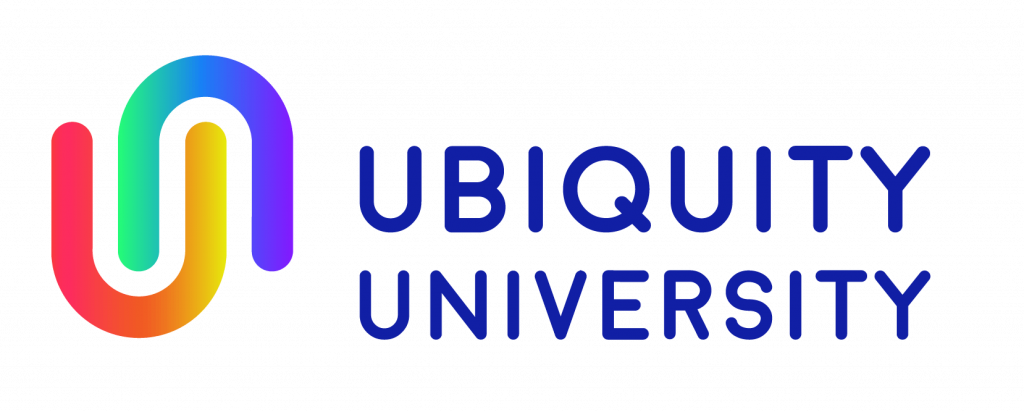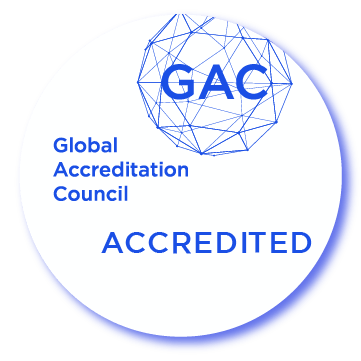
Course Description:
Inner science is the practice of using subjective self-reports to explain physical-, life-, and human-phenomena in terms of transpersonal macro-determinants. Inner science is an experience of being that can bring forth a transformative effect on the researcher/student. In fact, this transformation is the end of such research. This transformation of the researcher/student, by which the object researched is seen in other eyes, is the theme of the research.
The purpose of the course is to:
- give students an overview of science in general and make the position of inner science in scientific discourse clearer;
- discuss the idea that inner science is an essential part of a transformative science paradigm; and,
- foster research combining the study of inner science with the knowledge of the outer sciences, based on their interrelated and interdependent aspects.
The 15-week-course is divided into three parts:
- Part I: Definition of Science (week 1 – 4) – The important elements of science in general like hypothesis, data, methods, causes, explanations, laws, and models are explained and defined clearly. These elements are essential for inner science too.
- Part II: Definition of Inner Science (week 5 – 9) – What is inner science? Is it different from outer science? Is inner science a new research paradigm? These questions are explored by using philosophical concepts like phenomena, research paradigms, ontology, epistemology, axiology, methodology, and teleology. Through this discussion about these questions, students are guided to define inner science.
- Part III: Transformative Inner Science (week 10 – 13) – In the scientific community we are expecting a new research paradigm to emerge. One of the proposals for this new paradigm is transformative science. Students can learn more about it and understand the linkage between transformative science and inner science. Additionally, in week 14 and 15 students will have a chance to discuss their future research projects with other students and faculty.
Learning Outcomes:
By the end of this course you should be able to:
- understand a transformative research paradigm which provides you the tools and abilities to systematically explore fundamental questions regarding human spiritual experiences and spiritual growth;
- understand how we can build a bridge between inner and outer science, and that both sciences are not necessarily opposed to each other, but in fact can shed light on each other;
- identify yourself as a scientist using the inner science approach;
- position your research project in extended complementary modes of explanation for your further orientation;
- produce professional quality writing by using question lists;
- effectively communicate the results of your research findings and analyses to fellow classmates in an oral presentation; and,
- evaluate the theoretical and methodological foundations of secondary critical material and employ this evaluation to defend your position on the topic.
Faculty:
Prof. Dr. Kazuma Matoba – Kazuma was born in Kobe/Japan, and studied linguistics and international politics at Sophia University in Tokyo. He got his PhD from Duisburg University in Germany and taught communication science at Witten/Herdecke University. There he was very influenced by Claus Otto Scharmer, Johan Galtung, Ken Wilber, and David Bohm, and began his research on ‘cosmopolitan communication’ proposed by Barnard Pearce. Kazuma is also a certified facilitator of the Bohmian dialogue process and applied this method for intercultural communication, diversity management, and peacebuilding. Based upon the question “What is cosmopolitan communication?”, he founded the Institute for Global Integral Competence (www.ifgic.org) with several researchers and trainers in 2013. He now teaches theory and methods of communication as Professor for Intercultural Education at Witten/Herdecke University in Germany. Kazuma lives in Dortmund and works globally in Palestine, Ukraine, the USA, and Japan. He is proud of being a post-modern nomad – traveling, researching, and teaching around the world.
Course Modalities:
Non-Credit Options
Lite Level – This course is delivered on-demand with no faculty interaction and is perfect for lifelong learners who want to go at their own pace and who are not interested in academic credit but still want to experience the course.
Audit-No Credit – If you would like to participate when this course is offered in our Live Virtual Classroom mode, you may attend the live faculty webinars but will not be required to submit assignments for credit.
If you take a few courses and decide you want to officially enroll in a degree program, you can gain academic credit for Lite versions or Audit-No Credit versions by paying the difference between these course fees and a normal academic fee, successfully completing any quizzes, submitting your reflection journals and delivering a Final Creative Assignment that will be graded.
For-Credit Options
Live Virtual Classroom: Study that takes place within Ubiquity University, in which Ubiquity academic coursework is accomplished through attendance in Live Webinars, with faculty and student interaction being a part of the Live Webinar content. To receive academic credit, you must not miss more than 3 live sessions, you must complete the quizzes and submit any other required assignments (if any), and a final creative assignment for grading at the degree level you are enrolled in.
Internal Online Independent Study: Study that takes place within Ubiquity University, in which Ubiquity academic online coursework is engaged in independently on one’s own and does not include faculty interaction. To receive academic credit, you must complete the quizzes and submit your reflection journals and final creative assignment for grading at the degree level you are enrolled in.
The rules guiding our assignment collection and grading process can be found here: Ubiquity University Grading Policy
Information about how we process refund or cancellation requests can be found here: Refund and Cancellation Policy.
Pricing:
- BA Level: $300
- MA Level: $600
- PhD Level: $900
- Audit-No Credit: $240 (only if offered in Live Virtual Classroom Mode)
- Lite: $50 (no credit, access to course materials only)
Our shopping cart is simple and easy to understand. If you do not have a user account, you will be able to create one upon purchase. Save your username and password as you will need it to login to access course materials later. For more detailed, step-by-step instructions you can review our tutorial How to Purchase a Course. Again, if you experience any issues, please email Veronica Saldias at registrar@ubiquityuniversity.org.
We allow students at all academic levels to participate in our online courses. However, those students who are enrolled in MA or PhD programs are expected to offer a more sophisticated analysis on reflection tasks, writing assignments, and in the final creative assignment. You will be graded commensurate with your degree level. Except for the Final Creative Assignment, word counts are offered as guidelines. If you need to exceed the word counts to submit an MA or PhD level response, you may feel free to do so as long as the word count expansion is reasonable and necessary.
Course Contact Information:
Live Virtual Classroom macrocourses are delivered by faculty in live Zoom sessions. You will have a course facilitator who is available to answer questions and offer additional assistance and that information will be provided to you upon registration. Please do not email faculty directly with any technology or registration issues.
For on-demand lite or Internal Online Independent Study versions, click the “Chat” button down on the left-hand side of the screen for any technical issues or questions you may have about the content.


